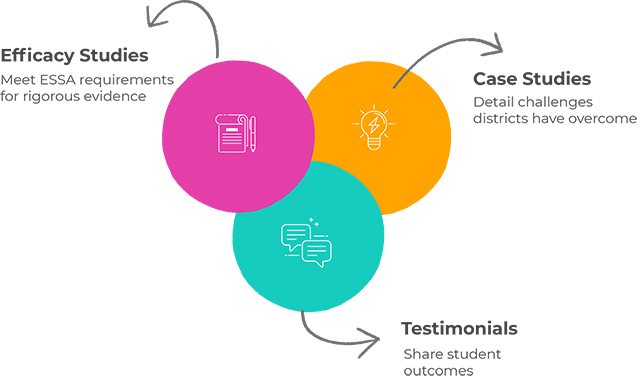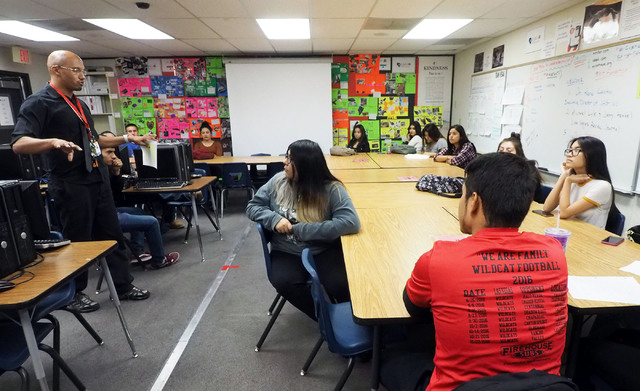

The COVID-19 pandemic is overwhelming the functioning and outcomes of education systems-some of which were already stressed in many respects.
Rebuilding: Redesign the system to focus on nurturing the whole child, balancing cognitive with socioemotional skills development and ensuring that all children have access to the conditions and resources that enhance learning and development. Recovery: Provide extra investments to help students and schools make up lost ground as they return to in-school operations. Relief: Give schools urgent resources so that they can provide effective remote instruction and supports at scale during the pandemic. Informed by our learning, here is a three-pronged plan for addressing the adverse impacts of COVID-19 on education and rebuilding stronger: Such tests could overwhelm or label children when what they need now are diagnostic assessments and needs-based assessments that assess where they are across a range of domains and what they need going forward. The pandemic has exacerbated the limitations of standardized tests, which reward a narrow set of skills and more affluent students who have access to specialized instruction. This digital divide has made it virtually impossible for some students to learn during the pandemic. One of the most critical opportunity gaps is the uneven access to the devices and internet access critical to learning online. Opportunity gaps are gaps in access to the conditions and resources that enhance learning and development, and include access to food and nutrition, housing, health insurance and care, and financial relief measures. The pandemic has exacerbated well-documented opportunity gaps that put low-income students at a disadvantage relative to their better-off peers. The only effective response is to use diagnostic tests and other tools to meet each child where he or she is and to devise a plan for making up for the interruptions. Learning and development have been interrupted and disrupted for millions of students. What we know about the pandemic’s consequences for education so far helps us plan next steps: Contingency planning thus needs to be institutionalized and include emergency funding to replenish the resources drained during emergencies. Research shows that a lack of contingency planning exacerbates the negative impacts of recessions, natural disasters, and pandemics on learning. The research shows that learning styles and outcomes vary greatly, and that the outcomes are a function of the educational resources that families and systems provide to children across the year and of a large number of factors and circumstances that shape children’s learning and development. 
Research on summer learning (loss or gain) points to the importance of personalized instruction.Research on chronic absenteeism and on remote learning reinforces the urgency of providing appropriate support to children who are least prepared and especially to those at risk of becoming disengaged and eventually dropping out.Once the pandemic allows it, we will need to make up for this time by increasing both the amount and quality of learning time-through extended schedules, summer enrichment and after-school activities, more personalized instruction, and staffing strategies that reduce class sizes and staff schools with sufficient and highly credentialed educators. Reduced learning time has likely impeded student learning and also affected the development of the whole child.The crisis-induced delivery of home schooling without time for planning around children’s learning styles and circumstances means that many children home schooled during the pandemic are not replicating such model and thus not reaping the associated benefits. Research on home schooling shows that it works well for students for whom intentional, personalized, and sufficient resources are available.Because these needed requirements for effectiveness have been largely absent for many, remote education during the pandemic has impeded teaching and learning. Research regarding online learning and teaching shows that they are effective only if students have consistent access to the internet and computers and if teachers have received targeted training and supports for online instruction.


Pandemic-relevant research offers key lessons as the education system responds to the coronavirus crisis:








 0 kommentar(er)
0 kommentar(er)
